|
"Be yourself; Everyone else is already taken.” - Oscar Wilde This post is for the The Silent Cinema Blogathon hosted by In The Good Old Days of Classic Hollywood. October is my favorite month of the year. Not just for the changing foliage, pumpkin lattes, pumpkin muffins, pumpkin beer, pumpkin bread, and pumpkin pie. But also for the last day of the month, Halloween. I don’t know why, but I have always loved this holiday. As a child my family did not celebrate Halloween. No passing out of candy, no going around to stranger’s houses, and certainly no scary movies. Yet I was always drawn to it, the atmosphere of it. Maybe the biggest aspect of this holiday, if not for scaring people, is dressing up. What are you going to be for Halloween? is the question starts to pop up around the beginning of the month. I don’t typically dress up for Halloween, but I have friends that do it every year, even if they’re the only person dressed up. The basic premise is that you can be anything you want on Halloween. It's the one night of the year where is it not frowned upon to dress up like a vampire hooker, or a disco zombie. This raises a question, why do we love to be someone we are not? I think this relates, fittingly, to our fear. Our fear of who we are. Our identity. Being someone you’re not has its benefits. We all act unlike ourselves at different points in our lives, whether it’s to impress your girlfriend’s father, or to get into a club underage. But in the end you can’t escape who you are. Being your true self is one of the biggest fears we will face as humans. And it doesn’t matter how you dress yourself up, eventually your true nature will be revealed. This brings me to the film I would like to talk about, The Unholy Three of 1925. Not to be confused the its later remake, made in 1930, starring two of the same main actors Lon Chaney and Harry Earles. The Unholy Three (1925) is the story of three, obviously, sideshow performers who become burglars. Directed by Tod Browning, The Unholy Three marks the beginning of a series of films made with the dynamic duo of Browning and Chaney. A pairing that would lead to such great silent era films as The Unknown (1927), The Blackbird (1926), and West of Zanzibar (1926). The film opens at a side show. A backdrop Browning would visit later in his masterpiece Freaks (1932). The sideshow boss is leading the crowd around introducing them to each performer with copious amounts of alliteration, after which they perform. This introduction not only gives us a backdrop for each individual character, but also gives us a glimpse into the nature of each character. Their perceived identity and their actual one, which is a theme that will carry forward as the film progresses. Professor Echo, the ventriloquist and his figure Nemo perform an act then attempt to sell some joke booklets. The very nature of Echo’s act is about deception. The skill of putting a voice into an inanimate object is one that will be very useful later in the film. But we also get a glimpse into the other side business Echo has as skill performer, charming women. While he performs, his girlfriend Rosie picks the pockets of the customers. When they meet up after the performance there is a sense that Echo is merely in the relationship for financial gain. He likes control, which can lead to jealousy. A flaw that will cause trouble later. Hercules the strong man is introduced bending a horseshoe. He does his act and sells something to a boy This scene also has one of the best visual gags in the film. A young boy, who idolizes Hercules, is told that if he doesn’t smoke he will grow up big and strong like Hercules. Who in turn lights a cigarette, unbenounced to them as the mother and son walk away. It makes me laugh every time I watch it. Tweedledee, the little person is introduced as “Twenty inches - Twenty years - Twenty pounds - The twentieth century curiosity!” After some berating by some women and a young boy. Tweedledee begins to get angry. Eventually kicking the little boy in the face, which brings on a riot involving Hercules among others. With the side show shut down the three men must come up with another way to make money. They name themselves the Unholy Three. Fast forward to sometime in the near future. The three men set up a bird shop selling parrots that don’t talk, at least not for anyone except “Granny” O’Grady. Using customer information from the store, the men gain access rich people’s homes. No one would suspect an old lady and a small child to be casing a home. But when a burglary goes bad and a man is murdered things start to go south for the group. Luckily for them, they have the perfect scapegoat, Hector. Hector works for Mrs. O’Grady, Echo in disguise, as a clerk in the bird shop. He helps keep the shop in working order. In addition to this, he makes deliveries for the shop. He is also in love with Rosie. Little does he know that Granny O’Grady is unwilling to share Rosie. Echo’s jealousy will inevitably lead to the collapse of the unholy three, the trial of Hector, and some unfortunate incidences with an ape. After Hector taken away by the police for murder, the unholy three, Rosie, and Echo’s pet ape retreat to a cabin outside of the city. There Rosie pleads with Echo to help get Hector released, telling him that she will stay if he does this for her. So Echo goes to the trial. Meanwhile, Hercules just happens to also be into Rosie. He tries to get her to leave with him, and the loot of course. Tweedledee doesn’t like this one bit. He releases the ape in an attempt to kill Hercules. The ape gets Hercules, but not before he kills Tweedledee. Back at the trial Echo comes forward with the truth after some distressful decision making in the courtroom. Both he and Hector are set free. Echo returns to the sideshow, telling Rosie to be with Hector. Each of the three men construct multiple identities to deceive others of their true nature. Echo’ complex identity is built around thought and planning. He is the brains of the unholy three. His act is predicated on control. This control spreads into his interaction with others. When speaking to Rosie he is more manipulative than loving. We get the sense that maybe he doesn’t actually love her, he just wants to control her. This control makes Echo very jealous and leads to animosity within the group of men. His attempt to control Rosie by forbidding her from spending time with Hector only leads her to do it more. This jealously also won’t let him leave the two of them alone, which leads to the other men venturing out on their own. Echo does not reveal his true self until he is forced, by confessing in the courtroom. Showing his true love for Rosie by freeing Hector. He is the only member of the unholy three who seems to have a conscience and is not driven by greed entirely. Just as he tells the crowd “That’s all there is in life, friends - a little laughter - a little tear.” Echo is the only person who escapes the consequences of their unholy actions. By having a change of heart and revealing to the world his true nature he is redeemed. Both Hercules and Tweedledee’s identities are tied to their own physical attributes. While one attempts to make up for his size, the other confronts any attempt to belittle his strength. A very similar theme Browning would also employ in Freaks (1932). Hercules is introduced to the audience at the sideshow as “The mighty... marvelous... mastodonic model of muscular masculinity!” This phrase epitomizes Hercules’ entire identity. He is the only character of the three who character in the bird shop is not drastically different than his sideshow persona. He is simply the son-in-law. His job is to be the muscle, the heavy. Hercules’ identity is in his strength. When Tweedledee threatens this strength by calling him a coward, he reacts by leaving Echo behind. This action leads to the death of the homeowner, which later causes downfall of the unholy three. Hercules even attempts to take Rosie away from Echo. Tweedledee or Little Willie has a complex about his size. While his diminutive stature is directly related to his job, it is also a part of his identity. He doesn’t want to identified as little, or inferior, or a child. Ironically, he plays a small child when the group moves into the bird shop. He defends his size with violence or the threat of violence, not afraid to kick a small child in the face or threaten violence to Rosie if she talks stating “If you tip the bulls off to who we are, I'll lay some lilies under your chin.” Which is probably the greatest line to ever come from a small man dressed up as baby in film history. The animosity felt by Tweedledee about his size also makes him aggressive verbally. He taunts Hercules, manipulating him to get the results he wants. This behavior ultimately leads to his death. Because let’s face it, a twenty inch tall man can only push people around for so long before they push back. The Unholy Three (1925) is a story of identity, deception and redemption. It is a story of both perceived and true identity. A story of how people can use perceived identity to deceive others, but in the end true identity will always show through. Through this, it shows us the consequences of deception. And lastly it shows us why you should never have an ape as a pet, even if it is actually just a small chimp and some forced perspective. It will mess you up.
2 Comments
10/30/2015 01:48:17 am
Interesting analysis of self image in the movie. I always enjoy comparing it to the talkie.
Reply
11/1/2015 09:52:50 pm
Thanks for the comment and thanks for reading. Yeah it interesting to compare the two films.
Reply
Leave a Reply. |
The Distracted BloggerI watch movies. I write about them here. I watch more movies. I get nothing else done. Archives
April 2020
Suggested Reading...Sunset Gun
Sergio Leone And The Infield Fly Rule Self-Styled Siren Wright On Film Video WatchBlog Coffee Coffee and More Coffee The Nitrate Diva She Blogged By Night Acidemic These Violent Delights Movies Silently Classic Film and TV Cafe Speakeasy Shadows And Satin MovieMovieBlogBlog Girls Do Film CineMavin's: Essays from the Couch Sliver Screenings A Shroud of Thoughts Stardust In The Good Old Days of Classic Hollywood Silver Scene Criterion Blues Now Voyaging Serendipitous Anachronisms Outspoken and Freckled B Noir Detour Journeys in Darkness and Light Easy Listening...Criterion Close-Up
Criterion Cast The Talk Film Society Wrong Reel Flixwise Daughters of Darkness The Projection Booth BlogathonsBlogathons I've done. |

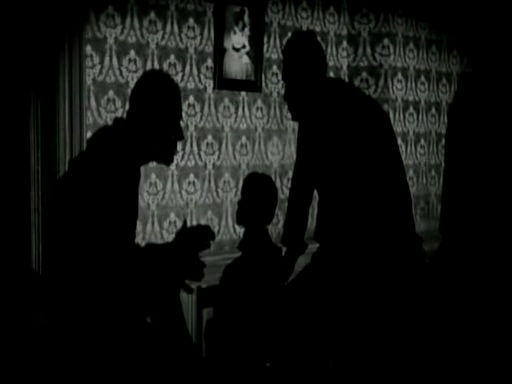
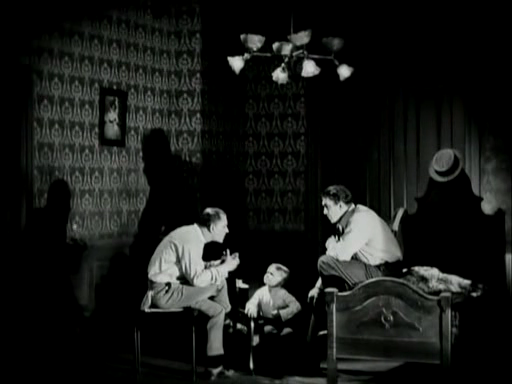
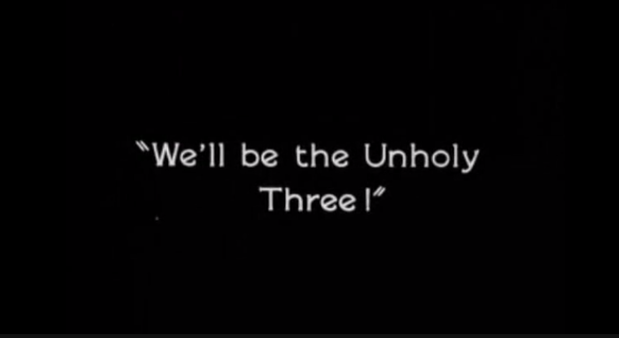
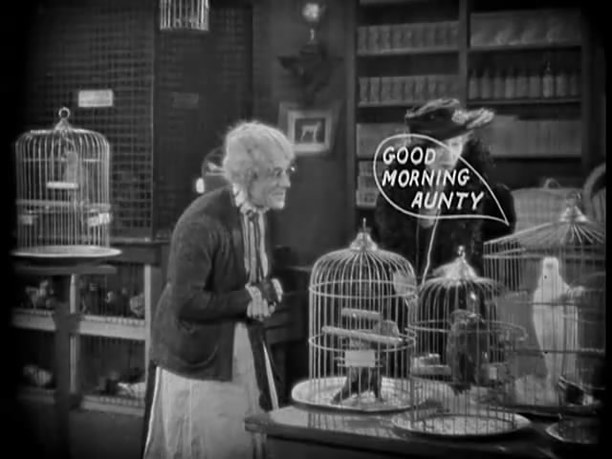
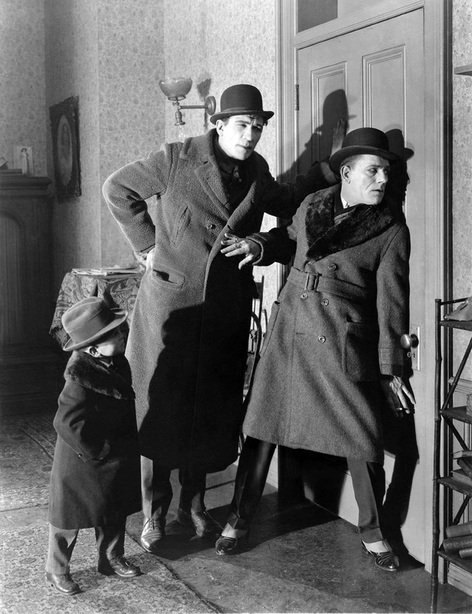
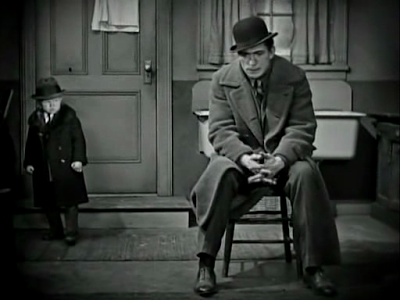
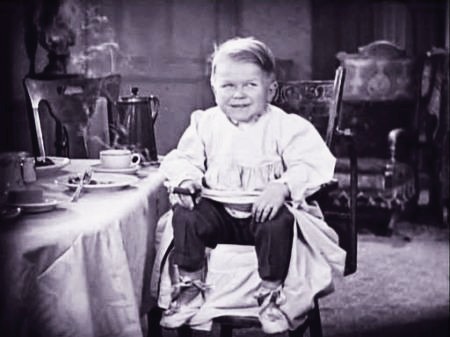
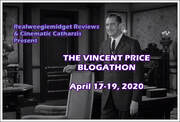
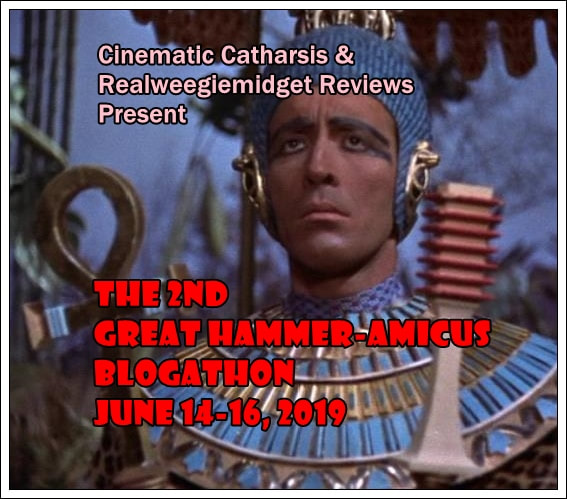
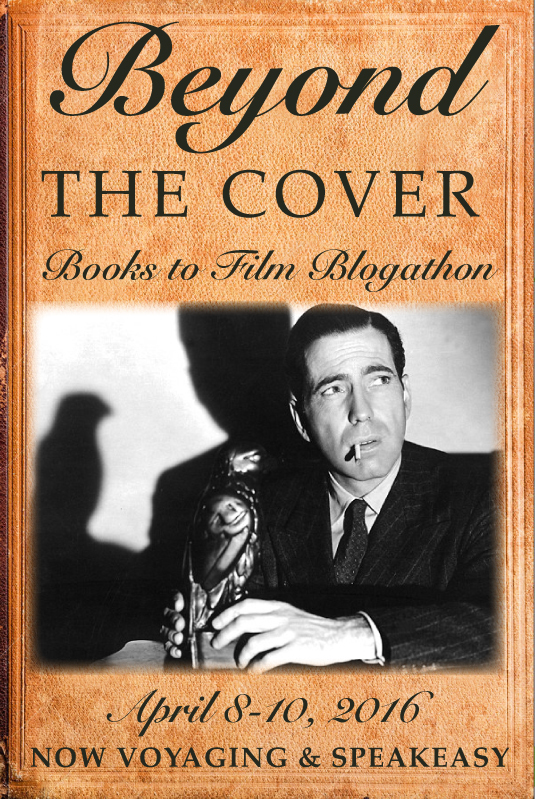
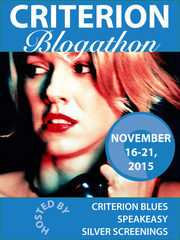
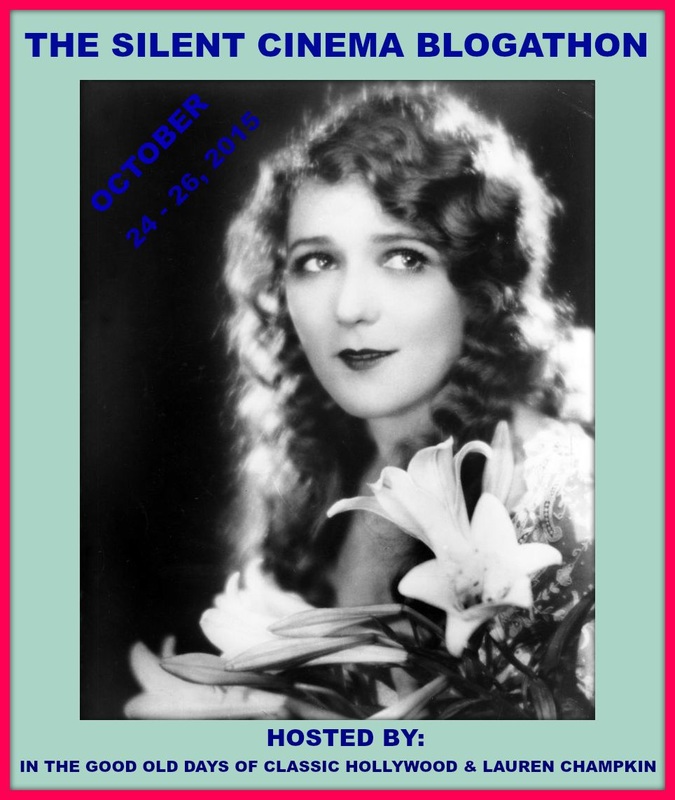
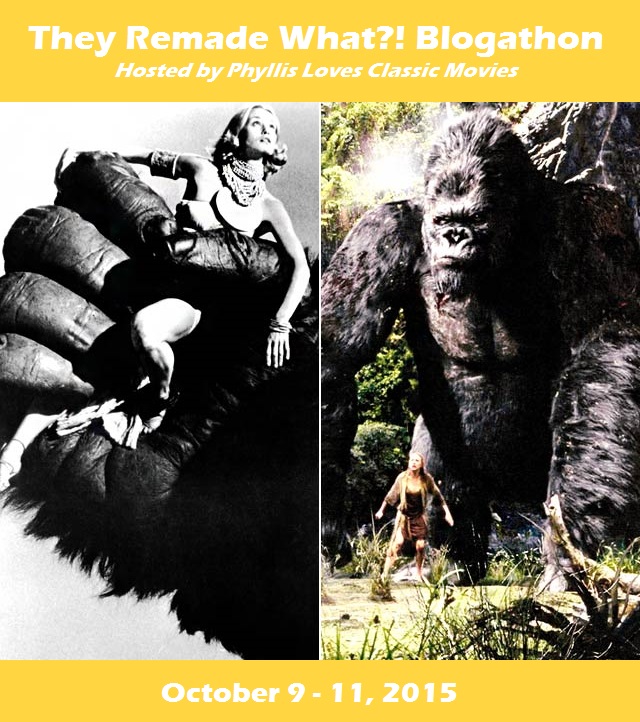

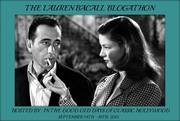
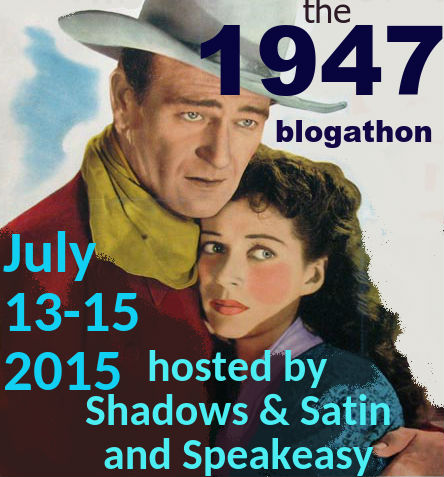
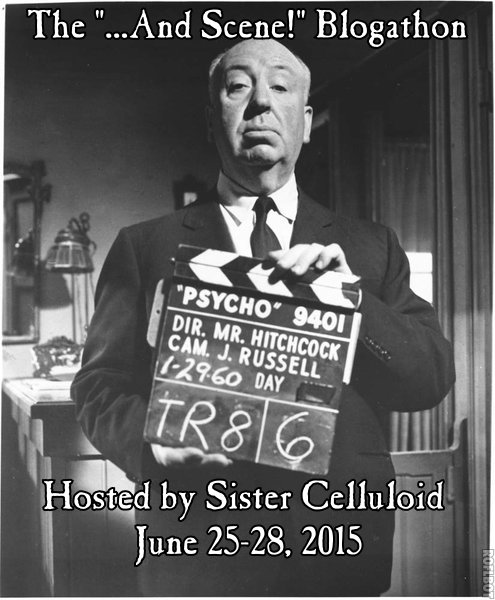
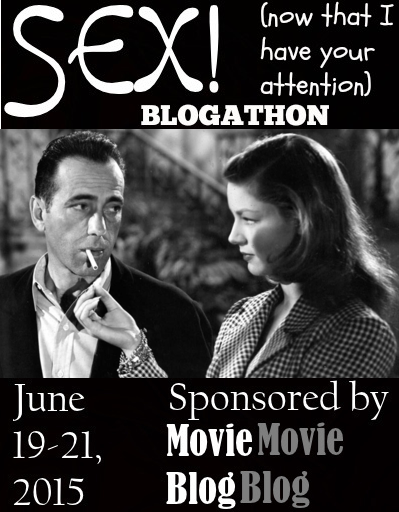
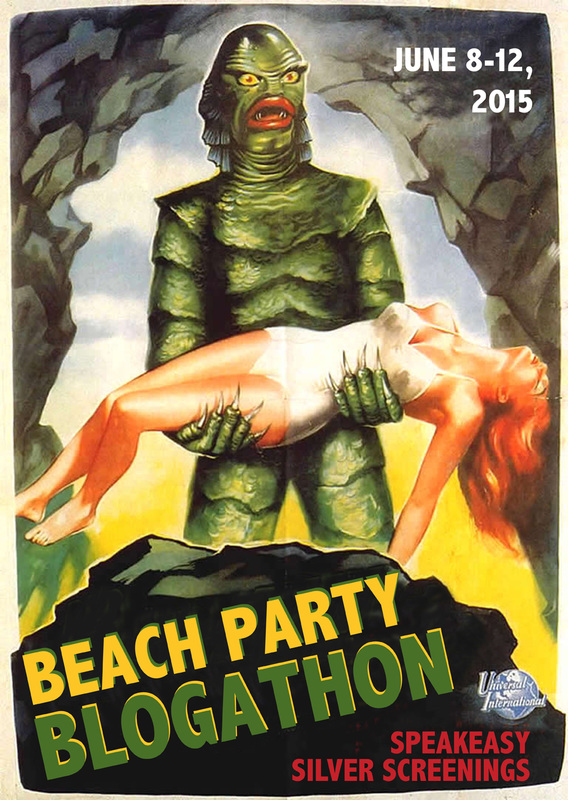
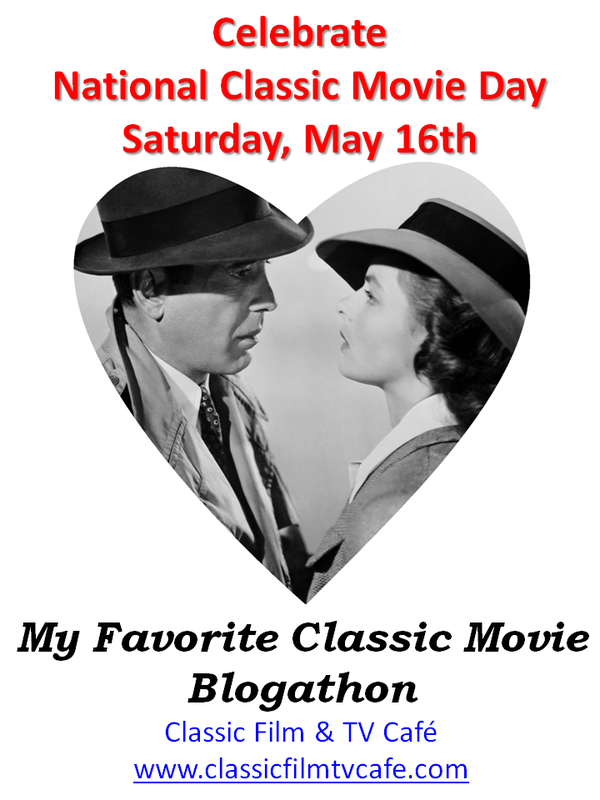

 RSS Feed
RSS Feed
